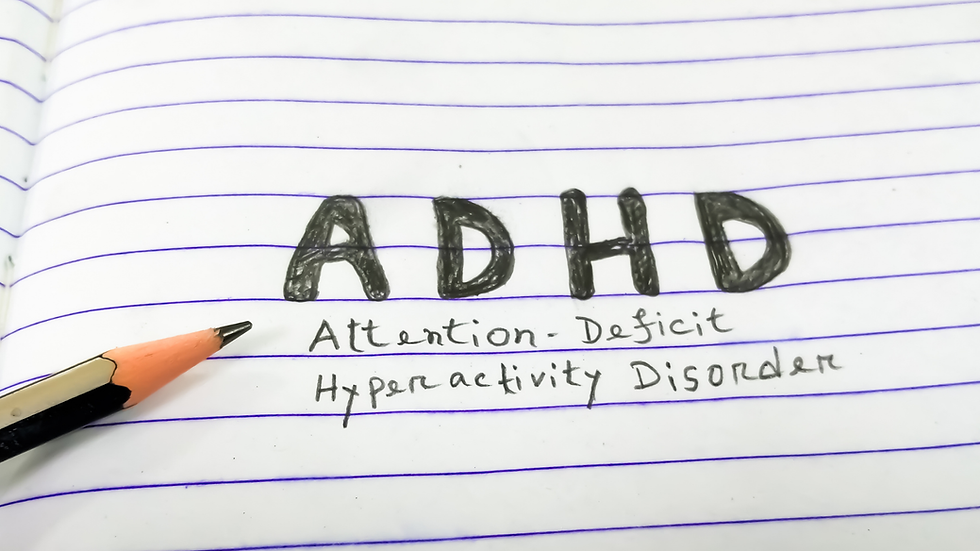Shadows and Light: Navigating the Complex Journey of Depression
- Jolene Psychology and Hypnosis Centre

- Nov 21, 2023
- 3 min read
"In recent times, the tragic demise of celebrated figures in the music industry, spanning from Chinese pop icons and Korean band members to Western rock stars, has cast a spotlight on the grim realities of suicide, depression, and the struggles of life. These losses serve as poignant reminders of the issues that are often hidden yet profoundly impact our society.
What led these luminaries to their untimely end? The complexities of their experiences and the depth of their pain might be something they themselves couldn't fully articulate. While many might attribute their struggles to 'depression', understanding this condition is not straightforward.
Depression is a complex and often misunderstood state. Asking someone who is suffering from it to define their experience can be an exercise in futility. It's a condition that can be described but is elusive in nature. Its onset is unpredictable, and its resolution is not one-size-fits-all. Depression can feel like a living entity within, at times sapping one's strength, and at other times, it's a vague, uncontrollable presence. It can ambush you, isolating you amidst a crowd, creating a barrier between you and the joy around you. You might be in the midst of happiness, yet feel detached, cold, and engulfed by a sense of loneliness.
The causes of depression are varied and complex. They can range from hormonal imbalances and genetic factors to environmental influences like upbringing, early social interactions, trauma, and loss. Many who seek therapy wonder, 'Why am I depressed?' The truth is, depression rarely has a single cause. If it were as simple as eliminating a specific stressor, the solution would be straightforward. However, depression often results from a combination of factors. Understanding one's life history, personality traits, beliefs, coping mechanisms, and environment is crucial in addressing it.
Patients with depression often encounter a seemingly simple yet profound question from their loved ones: 'When will you get better?' This question, while stemming from concern, can feel like a weight, highlighting the uncertainty and complexity of the condition. Recovery is not easily predicted, and such inquiries, though well-intentioned, can add to the burden of those suffering.
Many patients express a desire to understand the root of their depression, hoping that this knowledge will pave the way to recovery. However, identifying the cause does not always lead to a solution. Understanding depression involves recognizing the experiences and burdens one carries, and the journey to recovery is about moving forward with the current self, not just revisiting and stopping at the origins of the depressive state.
In therapy, it's common to encounter clients who are desperate to return to 'normalcy', yearning to know when they will feel better. Often, this desire stems not only from wanting to escape the discomfort of depression but also from a wish to not burden others, to fulfill responsibilities, and to achieve an unattainable perfection.
Supporting someone with depression requires a nuanced approach. Here are six principles to consider:
Avoid Judgment: When someone confides in you about their struggles, resist the urge to analyze or judge. Understanding and empathy are more valuable than criticism or finding fault.
Manage Expectations: It's natural to wish for someone's recovery, but expressing these hopes to someone with depression can inadvertently pressure them. A supportive presence is more helpful than expectations of quick recovery.
Relinquish the Savior Role: Wanting to help a depressed friend or relative is natural, but it's important to differentiate between helping them and addressing your own discomfort. Offer support without imposing solutions or judgments.
Active Listening: Truly listening without offering comparisons, advice, or judgments can be powerful. Let them feel heard and understood.
Maintain Personal Boundaries: Supporting someone with depression can be draining. It's important to take care of your own mental health and set boundaries to sustain your ability to help.
Encourage Professional Help: Some issues are too complex or sensitive to be handled alone. Encouraging the pursuit of professional help can be a crucial step in someone's recovery journey.
Remember, each person's experience with depression is unique, and the path to healing is personal and varied."




Comments